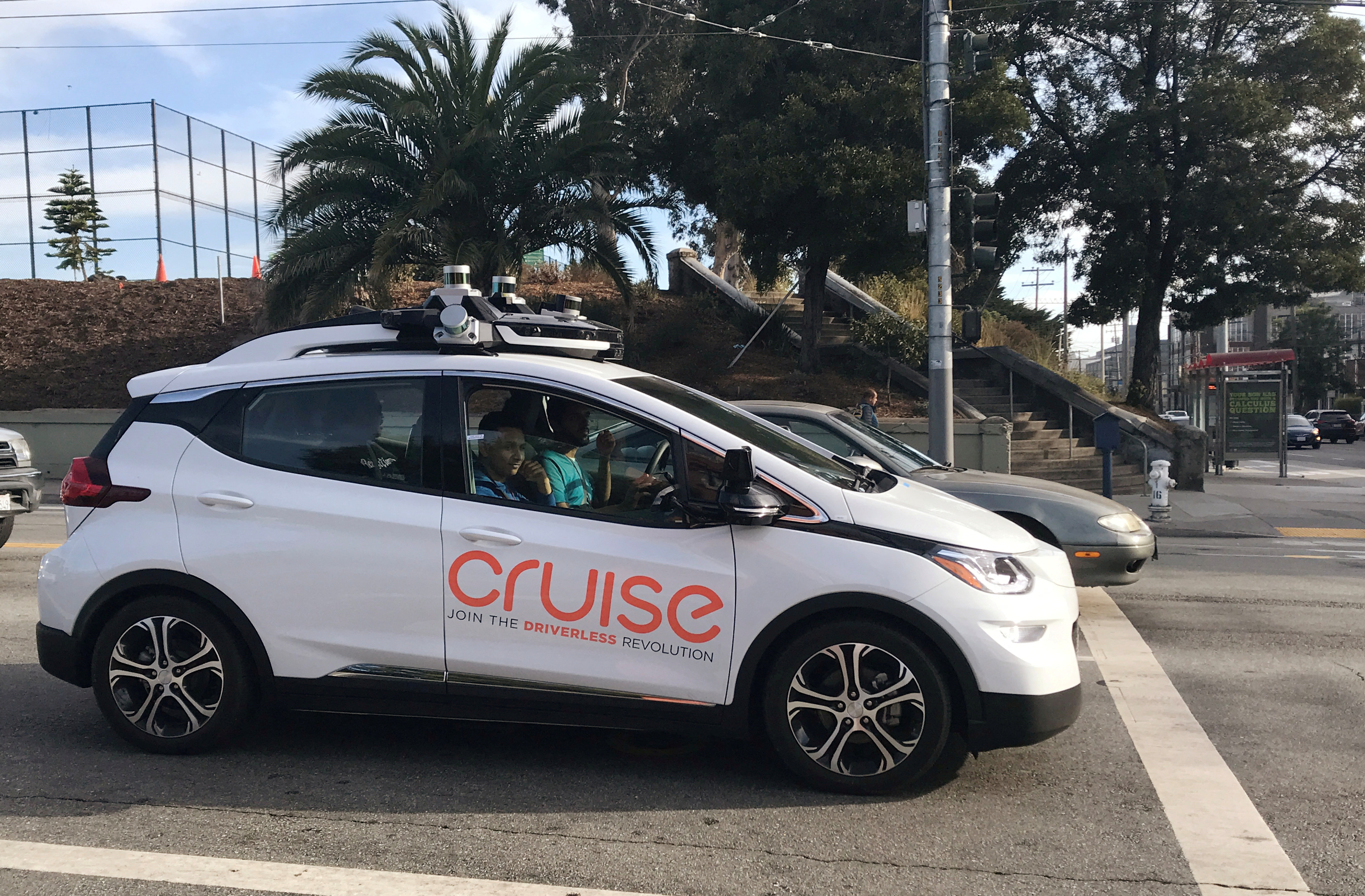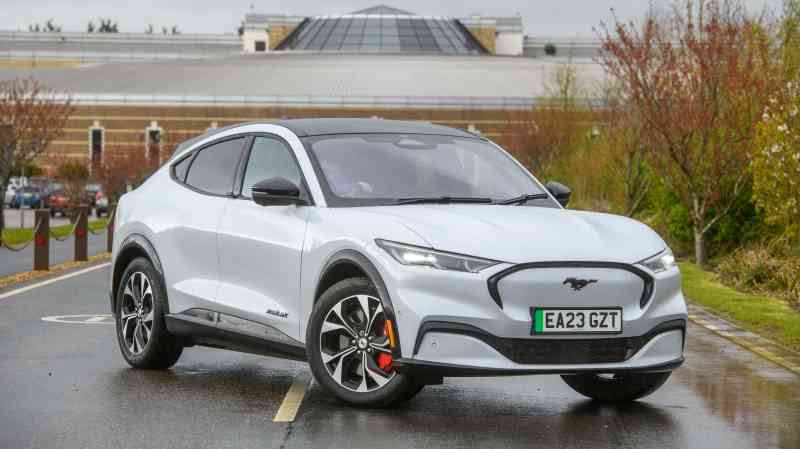British motorists will be able to legally read their emails from behind the wheel of a driverless car by 2026, the transport secretary has predicted.
Mark Harper said that fully autonomous vehicles, in which people become passengers in their own cars, would arrive in the UK that year after a “gradual” rollout.
The government introduced a bill in the King’s speech that paved the way for autonomous cars, without a safety driver, after pressure from industry, MPs and Sir Patrick Vallance in his recent review of technology regulation. The Automated Vehicles Bill also sets out legal responsibilities, saying that car manufacturers, not the owners, are responsible for crashes in full auto mode.
Harper told the Today programme on BBC Radio 4: “The legislation is going through parliament at the moment so hopefully we’ll get that through parliament by the end of 2024. Probably by as early as 2026 people will start seeing some elements of these cars that have full self driving capabilities being rolled out.”
Asked whether it would be legal for motorists to sit in their cars, “hands off the wheel doing emails”, he replied: “Yes. And I think that’s when companies are expecting, in 2026, during that year, that we’ll start seeing this technology rolled out. It’ll be gradual.”
Full self-driving cars are being tested on roads in the US, but in the UK autonomous vehicles need to have a safety driver in the front seat.
In April it became legal for drivers of a Ford electric car to take their hands off the steering wheel on Britain’s motorways as long as they watch the road. The Ford Mustang Mach E uses the “BlueCruise” hands-free system, which automatically adjusts speed, steers round corners and brakes.
Asda and Ocado are doing autonomous deliveries using software from Wayve, a British company.

The US industry has recently been hit by a scandal involving the GM-owned self-driving company, Cruise. Its co-founder and chief executive both quit and nine senior managers were sacked after an accident in San Francisco in which a pedestrian was dragged 20ft by a Cruise vehicle.
The California Department of Motor Vehicles said the cars were “not safe” and accused Cruise of having “misrepresented” details of the incident. The company has since stopped all trials and laid off hundreds of staff.
Cruise’s main competitor, the Google-owned Waymo, continues to test full driverless cars in California and Arizona.
MPs on the transport select committee said recently that the technology had “failed to meet many of its promoters’ predictions, and this has bred understandable cynicism”.
Elon Musk has long been seen as too bullish for Tesla’s full self-driving capabilities and the company recently had to issue a software recall for two million of its cars fitted with the Autopilot driver assistance system. Regulators said it was open to misuse by drivers.
Harper said there was a “huge number of potential uses” of the technology, which the government estimates will create 38,000 new jobs in a £42 billion industry.
“The obvious one is 88 per cent or so of road traffic collisions we see today are caused by driver error of some description,” he said. “There is a real potential for this sort of technology to actually improve safety on the roads, not just for drivers, not just for passengers, but for other vulnerable road users — pedestrians, cyclists — to really improve road safety, which is a real win for everybody.”
This month Waymo released data that showed after 7.1 million miles of fully driverless operations in California and Arizona, there were three accidents that caused injuries.
Human-driven cars are four to seven times more likely to get into crashes that lead to an injury, based on that data.
Experts caution that much more testing is needed to establish evidence around fatal crashes, which occur about once every 100 million miles.
The select committee said that although “the potential to revolutionise transport is obvious” with self-driving, it warned about the risks of cyberattacks, erosion of driving skills, congestion and lack of infrastructure.
